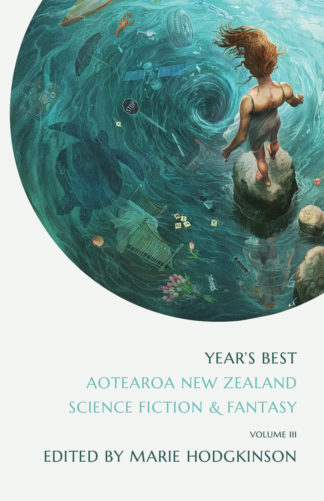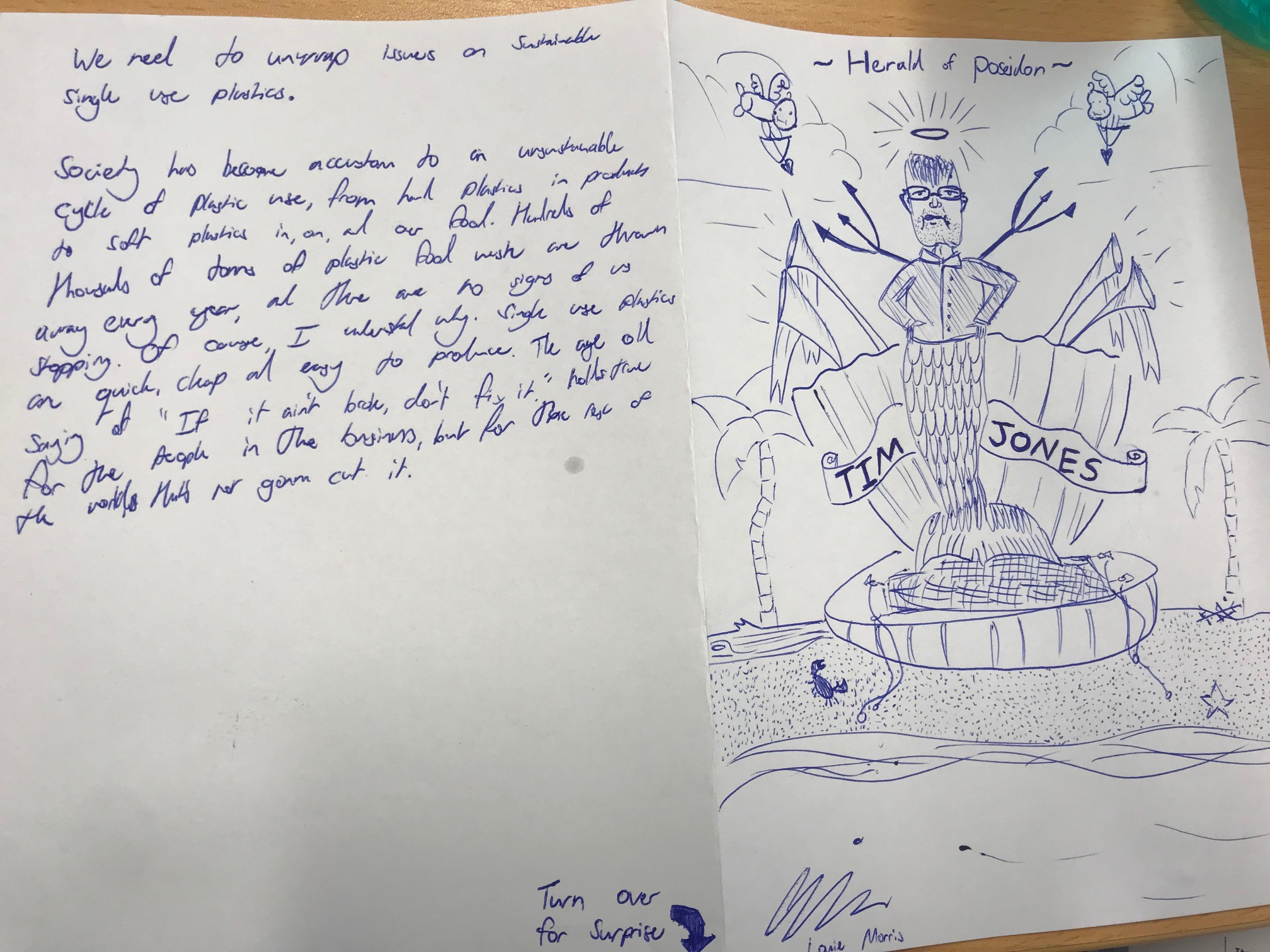I’m really pleased that my climate fiction story “The Double-Cab Club”, first published in Stuff’s Forever Project in January 2020, was selected for inclusion in this excellent annual anthology from Paper Road Press, edited by Marie Hodgkinson. Check out the Table of Contents – lots of fine writers and stories included! – and get your print or ebook copy.
Year’s Best Aotearoa New Zealand Science Fiction & Fantasy: Volume 3, edited by Marie Hodgkinson
The third volume in our annual anthology series celebrating the strength and diversity of local SFF writing.
Cover by Rebekah Tisch.
Buy the paperback here, or the ebook at all major ebook retailers.
Table of Contents:
New Zealand Gothic, by Jack Remiel Cottrell
Synaesthete, by Melanie Harding-Shaw
Kōhuia, by T Te Tau
Death confetti, by Zoë Meager
For Want of Human Parts, by Casey Lucas
How To Get A Girlfriend (When You’re A Terrifying Monster), by Marie Cardno
Salt White, Rose Red, by Emily Brill-Holland
Florentina, by Paul Veart
Otto Hahn Speaks to the Dead, by Octavia Cade
The Waterfall, by Renee Liang
The Double-Cab Club, by Tim Jones
Wild Horses, by Anthony Lapwood
You and Me at the End of the World, by Dave Agnew
The Secrets She Eats, by Nikky Lee
How To Build A Unicorn, by AJ Fitzwater
Even the Clearest Water, by Andi C. Buchanan
You Can’t Beat Wellington on a Good Day, by Anna Kirtlan
The Moamancer (A Musomancer short story), by Bing Turkby
They probably play the viola, by Jack Remiel Cottrell
Crater Island, by P.K. Torrens
A Love Note, by Melanie Harding-Shaw
The Turbine at the End of the World, by James Rowland
Year’s Best Aotearoa New Zealand Science Fiction & Fantasy: Volume 3
Edited by Marie Hodgkinson
ISBN 978-1-99-115030-1




